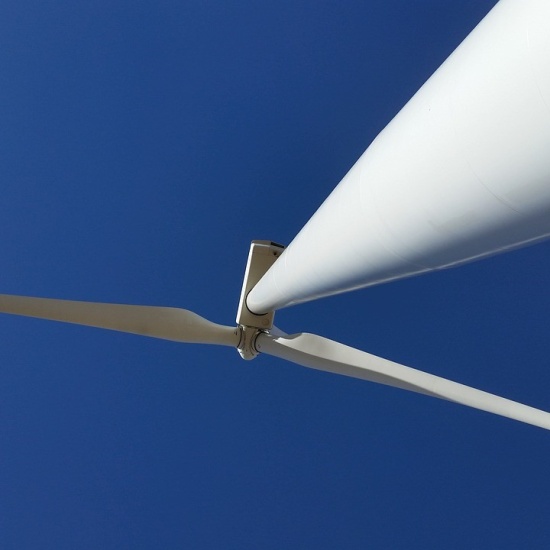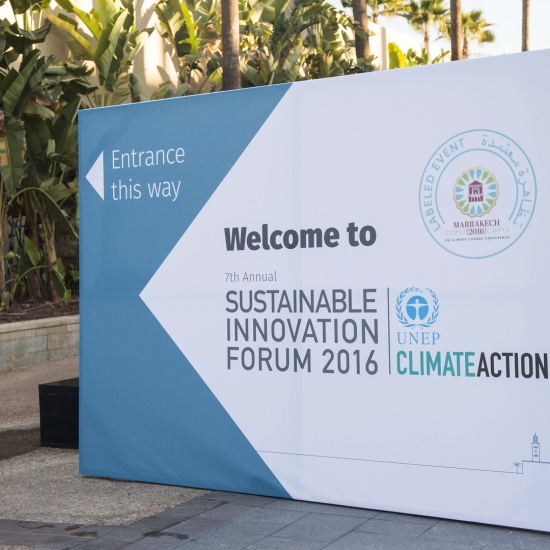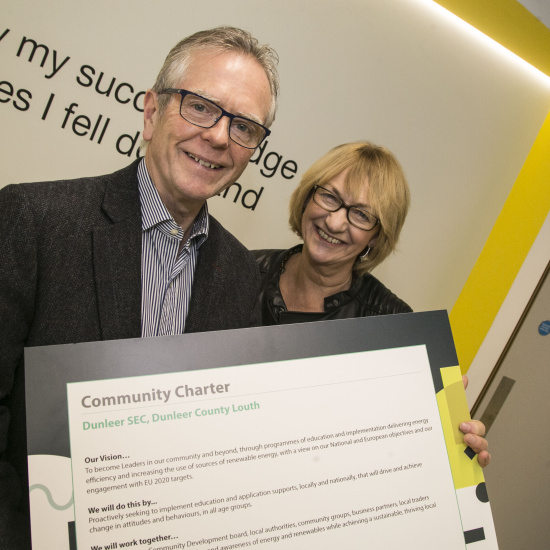Our Energy Future
Climate Action Plan 2021, an ambitious plan to put Ireland on a more sustainable path, cutting emissions, and creating a cleaner, greener economy and society.
SEAI welcomes Climate Action Plan 2021
Yesterday, the Government launched Climate Action Plan 2021, "an ambitious plan to put Ireland on a more sustainable path, cutting emissions, and creating a cleaner, greener economy and society". This follows the Climate Act 2021, which commits Ireland to a legally binding target of net-zero greenhouse gas emissions no later than 2050, and a reduction of 51% by 2030.
In 2050 my kids will be the same age I am now, so I often think how different their world will look, and how I can contribute now to making that world a better one. I think about how SEAI can help address the potential devastating impacts of climate change on our own country, and on the more vulnerable countries across the globe so it's not our children's problem in 30 years. World leaders have gathered in Glasgow this week to discuss the global effort required to prevent global average temperatures from rising more than 1.5° Celsius, threatening our very existence on this planet.
We should not fear the effort required; we need to embrace it. It's not about stopping what we are doing, rather changing how we do things. I am convinced we can create a better country in the process. And, when we share our successes and failures along the way, we will play an even bigger part in the global transformation. We have lots to look forward to; more vibrant and self-sufficient communities, better air quality, better homes for all our citizens, more energy independence, and an economy built on sustainable industries and careers.
How will Ireland meet it's 2050 target of net-zero emissions, economy wide?
We need to substitute nearly all of our fossil fuel use with renewables
The target includes energy for heat, electricity and transport, agricultural emissions, industrial emissions, waste and other emissions. To achieve this target, we need to substitute nearly all of our fossil fuel use with renewables and any emissions we do add to the atmosphere is no more than the amount taken away. The public sector will lead here with vastly increased financial supports being provided by Government, the strongest targets for public sector emissions reductions and the prohibition of new fossil fuel heating systems in public buildings after 2023. Other sectors will have to follow suit.
Energy use will be electrified
A large amount of energy use in our homes, industries, and transport will be electrified, with that electricity coming from renewable energy resources. There will also be a role for alternative fuels such as bioenergy and later in our journey, for green hydrogen generated from renewable energy.
Changes in how we generate and use energy
We anticipate a revolution in the way we generate and use energy. Community owned renewable power generation, rooftop solar PV, district heating and electricity schemes, new business models in industry, circular resource usage, mobility as a service, more active and public transport, and other major changes will be apparent and present new opportunities in a net-zero society.
The pathway to net zero is what counts
Many of the technologies exist today that can enable the pathway to net zero, however, these need to be deployed at scale, now (it's cumulative emissions that count here). We also need to continue to invest in research and development of new technologies and where we are unsure, we need to consider possible emergency response mechanisms to reduce emissions in a hurry. Such responses will be increasingly required if we can't eliminate fossil fuel burning technologies quickly enough to meet climate goals.
Energy efficiency and energy storage
We should not underestimate the role that energy efficiency and energy storage will play across the spectrum in driving down the demand for fossil fuels and making better use of the renewable energy that is generated. Storage technology already exists and with the advances in battery technology, we also need to make the interconnecting systems smarter to allow signals and flexibility between the sources of generation and demand.
So, what will our future look like if we act now
Private homes
Having an A-rated home will be the norm, not the luxury. Our homes will warm and cosy and, importantly, no longer heated by fossil fuels such as oil and gas. Rural homes that are currently heated by oil will likely be heated using electric heat pumps. Homes and buildings in urban areas will be connected to a district heating network that provides heat from renewable sources such as large-scale heat pumps, geothermal energy or from recycled waste heat. Our homes will also play an active part in the energy systems as energy demand and supply are matched in a way that reduces overall emissions.
Our towns and cities
Our towns and cities will be vibrant energy communities, leading in the generation of renewable energy, and mass adoption of home energy upgrades. All our buildings will be near zero energy buildings, meaning all citizens will live in warm, comfortable homes. We will be surrounded by open spaces supporting biodiversity for recreation. Every town and city will have cycling and walking paths making it easier and safer to get around. Population density will increase around towns and cities enabling the roll out of district heating systems and the flows of energy, water and waste will operate more efficiently.
How we travel
Our country will be served by a network of fossil-fuel-free public transport, active transport networks and new types of mobility services to meet our travel needs. Most private and commercial road vehicles will be electric, and truly zero emissions from a zero-emissions electricity system. The need for private transport journeys will reduce because of remote working practices and enhanced public transport. People will no longer see the value in owning a vehicle that sits 80% of the time in their drive or car park. The ownership will be with fleet companies who merge with dealerships and taxi and bus firms to provide a single mobility service which is constantly available and tailored for the customer. Air travel in the future will be based on low/zero carbon fuels with more efficient electrically powered aircrafts used for short hop flights.
Our Electricity System
Our electricity will come from a variety of renewable sources like wind, solar, hydropower, bioenergy and ocean energy. Battery energy storage and further interconnection will provide significant support to the system. Clean fuel conventional generation, like hydrogen or biogas, will form the backup for periods of low renewable production. Our energy systems for electric heat and transport will be more closely linked and we will see the emergence of new forms of utility companies with more flexible services. A fully renewable electricity grid will also provide power for industrial processes that currently burn fossil fuels. Hydrogen will be used for the high heat energy intensive production like steel.
What now?
Stop trying to imagine life as we know it just fast forwarded 30 years. New technologies will emerge, people's behaviours, values and lifestyles will change. Just as they have done over the past 30 years. Who would have imagined in the 80's that we would all be walking around today accepting phone calls on our wrists, counting our daily steps and watching TV on demand! Not only are technologies advancing every day, but they are getting cheaper, more efficient, and smarter.
It is up to each one of us, especially those in positions of influence and power, to ensure that our future, our children's future, is one that works for everyone. That represents a huge responsibility for Government at all levels, for large industry, for business and for us all as communities and citizens. It won't always be easy, but will definitely be easier if we take it on together. Ultimately, success will be something we can be proud of as Irish citizens.
So, embrace the change. Invest where you can in energy efficient technologies and renewables to replace your fossil fuel use. Seek out support, be that financial, or other. Make energy management a priority for your business, educate yourself, your co-workers. Learn from others - check out this year's SEAI Energy Award Winners for inspiration. Join a Sustainable Energy Community and support each other, build a better future for the family you will never meet, and know that they will remember you and what you did for our planet.
I welcome the ambition of the Climate Action Plan 2021. SEAI will work tirelessly with all energy users, guiding and supporting their own energy transition, underpinning the goal of a decarbonised society.




